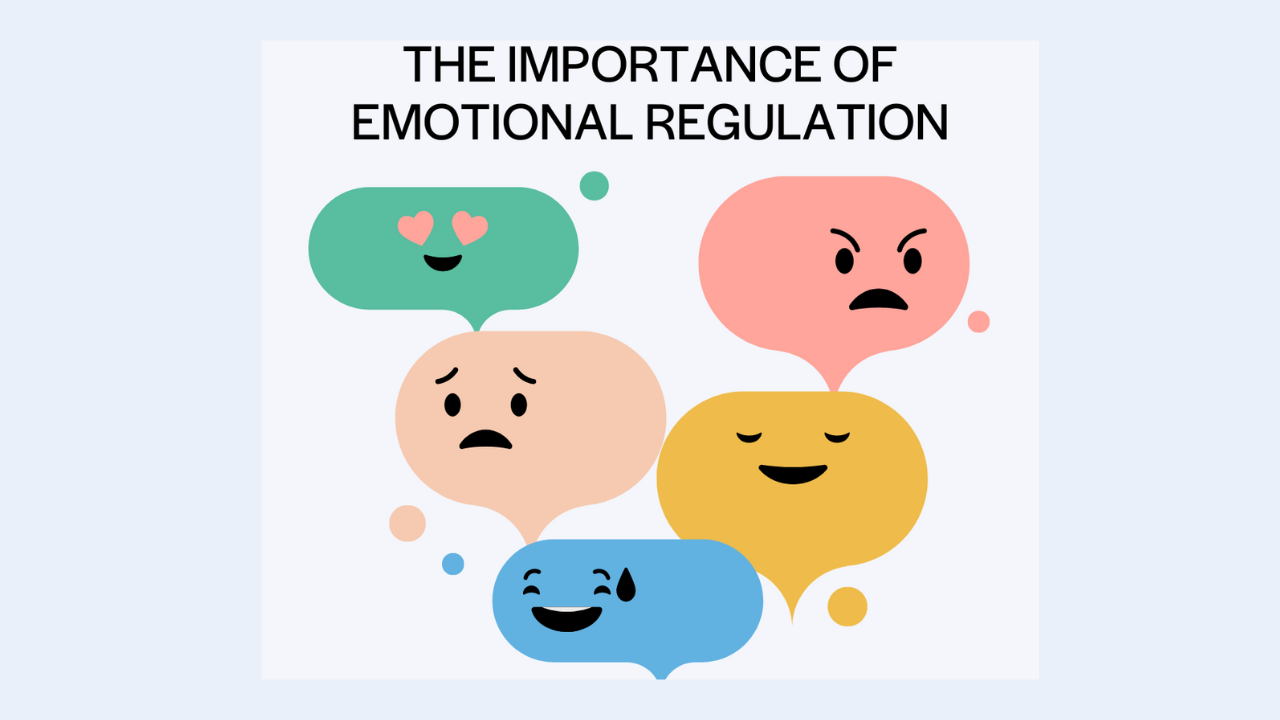The Silent Superpower of Co-Parenting: Emotional Regulation
Jul 23, 2025
If you've ever received a triggering text from your ex in the middle of a work meeting or had to smile through clenched teeth while handing your child over at drop-off—you know the battlefield that co-parenting can become. But there's a weapon more powerful than the perfect comeback or legal leverage: emotional regulation.
What Is Emotional Regulation?
Emotional regulation is the ability to stay calm and grounded, even when someone is trying to pull you into chaos. It's choosing your response rather than reacting from a place of fear, anger, or pain. It's not about suppressing your emotions—it's about owning them.
In co-parenting, emotional regulation is your shield. It protects your peace, your child’s stability, and your ability to communicate effectively under pressure.
Why Emotional Regulation Matters More Than Ever
Your child isn’t just watching how you parent them. They’re absorbing how you handle conflict, stress, and emotional intensity. When you lose your cool, they don’t just feel it—they model it.
Children thrive on emotional safety. If every interaction with your co-parent feels like walking a tightrope, emotional regulation becomes your safety net. You teach your child resilience not by being perfect, but by being regulated.
Real Talk: Co-Parenting Triggers Are Real
-
Passive-aggressive texts
-
Last-minute schedule changes
-
Guilt trips disguised as "concern"
-
Emotional manipulation
These aren’t just annoying—they're designed to provoke you. Why? Because reaction gives power away. When you regulate, you reclaim it.
How to Stay Regulated When You Want to Scream
-
Pause Before You Respond
That text doesn’t need an instant reply. Give yourself 90 seconds. Breathe. Let the adrenaline pass. -
Use Grounding Techniques
Feel your feet on the floor. Shake out your hands. Name five things you can see. Get back into your body. -
Reframe the Narrative
Instead of "They're attacking me again," shift to: "This is about them, not me. I choose peace." -
Create Go-To Scripts
Have boundary-setting responses ready. Example: "I’ll stick to what we agreed on. Let me know if that changes." -
Practice Self-Validation
You don’t need your co-parent to acknowledge your effort. You do need you to.
The Ripple Effect of Your Regulation
When you stay calm:
-
Your child feels safer.
-
Conflict de-escalates.
-
You stay in alignment with your values.
-
You disrupt toxic patterns before they embed in your child’s nervous system.
You also show your child that boundaries don’t have to be loud. They just have to be firm.
Final Thought: Regulation Is a Revolution
Choosing emotional regulation in co-parenting isn’t passive. It’s not weak. It’s not rolling over. It’s the ultimate flex.
You get to say:
"You don’t get to decide how I show up. I do."
That’s not just emotional strength. That’s power. And it’s contagious.
Cooperative Coparenting Is Possible!
Get started today by downloading my Coparent Communication Essentials.


